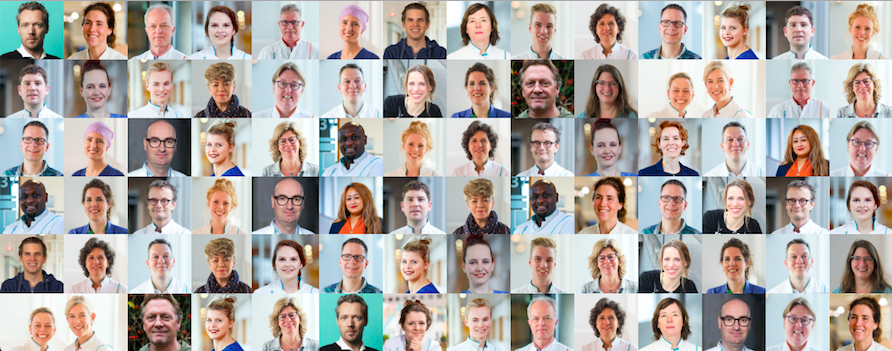PhD candidate 'Deep Learning in Neurotrauma Imaging'
PhD candidate 'Deep Learning in Neurotrauma Imaging'
You cannot apply for this job anymore (deadline was 31 Aug 2017).
Browse the current job offers or choose an item in the top navigation above.
Job description
An external insult to the brain can cause different degrees of damage. This ranges from none to mild, to coma and death. Imaging plays an important role for diagnosis and treatment. In particular cerebral microbleeds, which are very small bleeds in the brain visible as black dots in magnetic resonance (MR) images are an important marker for the severity of trauma and may have prognostic value for the patient. However, the detection and quantification of cerebral microbleeds are time consuming and prove to be a challenge even for an experienced neuroradiologist.
In this project we are going to develop deep learning algorithms to automate these tasks. To this end you will also develop deep learning algorithms for the automated segmentation of the main anatomical structures in the brain in different types of MR images.
This is an ERA-NET Neuron project funded by the Netherlands Organisation for Scientific Research (NWO) and the Netherlands Brain Foundation and is part of a larger European consortium, which aims at the development of a new classification system for traumatic brain injury. A summary can be found here. As part of this consortium we have access to multi-center patient imaging data collected in the CENTER-TBI study for the development and validation of our methodology.
This is a unique and exciting project in which you potentially can make a real impact. Trauma image analysis is a largely unexplored field. You will be part of an international team of enthusiastic clinical experts.
Specifications
- max. 36 hours per week
- Nijmegen View on Google Maps
Requirements
Positions can be filled by either PhD students or postdocs. Here you can find our postdoc position.
You should be a creative and enthusiastic researcher with a MSc/PhD degree in Computer Science, Physics, Engineering or Biomedical Sciences or similar, with a clear interest to develop image analysis algorithms and an affinity with medical topics. Good communication skills and expertise in software development, preferably in Python/C++, are essential. Experience with deep learning software packages, such as TensorFlow and Theano, is a pre.
Conditions of employment
Fixed-term contract: Your performance will be evaluated after 1 year. If the evaluation is positive, the contract will be extended by 3 years.
The PhD position has the standard salary and secondary conditions for PhD students in the Netherlands. Your performance will be evaluated after 1 year. If the evaluation is positive, the contract will be extended by 3 years. The research should result in a PhD thesis. See also this page with some general information about doing a PhD in our group.
Scale 10A: max. € 40116 gross income per year at full employment (incl. vacation bonus and end of year payments)
Employer
Radboudumc (university medical center)
Radboudumc strives to be a leading developer of sustainable, innovative and affordable healthcare to improve the health and wellbeing of people and society in the Netherlands and beyond. This is the core of our mission: To have a significant impact on healthcare. To get a better picture of what this entails, check out our strategy film.
Our key strength is medical life-sciences and clinical practice, with an impressive infrastructure comprising state-of-the-art technology platforms and (translational) research facilities. The Radboudumc is therefore uniquely positioned in the emerging Euregio and Dutch healthcare infrastructure to play a leading role in the new healthcare paradigm of prediction, prevention and personalised medicine.
The Radboudumc focuses on scientific health challenges of today, with an eye on emerging diseases of the future.
Read more about what it means to work at Radboudumc and how you can do your part.
Department
Radiology and Nuclear Medicine
The Diagnostic Image Analysis Group (DIAG) is a research division of the Department of Radiology and Nuclear Medicine of the Radboud University Medical Center Nijmegen. The focus of the Diagnostic Image Analysis group is the development and validation of novel methods in a broad range of medical imaging applications. Research topics include image analysis, image segmentation, machine learning, and the design of decision support systems. Application areas include neuro, breast, prostate, lung and retina imaging and digital pathology. Key to the success of the group is close cooperation with clinicians. Currently the group consists of around 40 researchers. Check our deep learning paper overview to get an idea of our work in this field.
Specifications
- PhD
- Natural sciences; Health
- max. 36 hours per week
- University graduate
:fill(white)/logos/umcr-en-wide.png)
